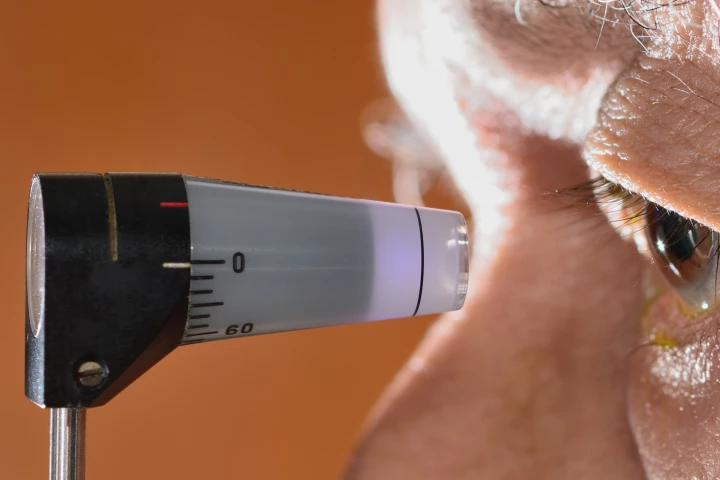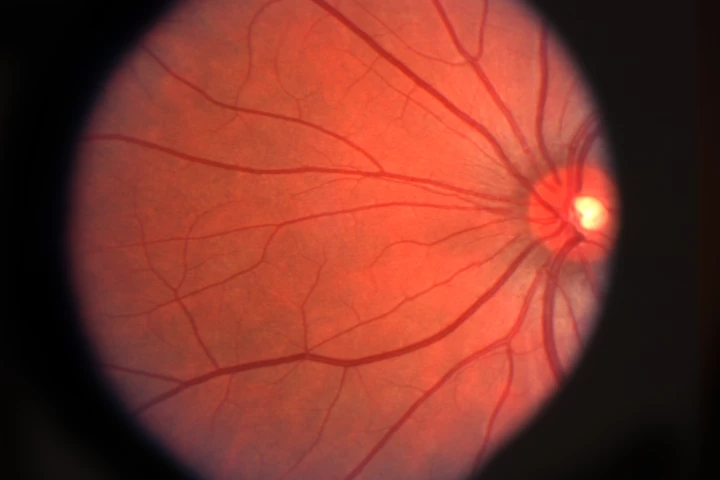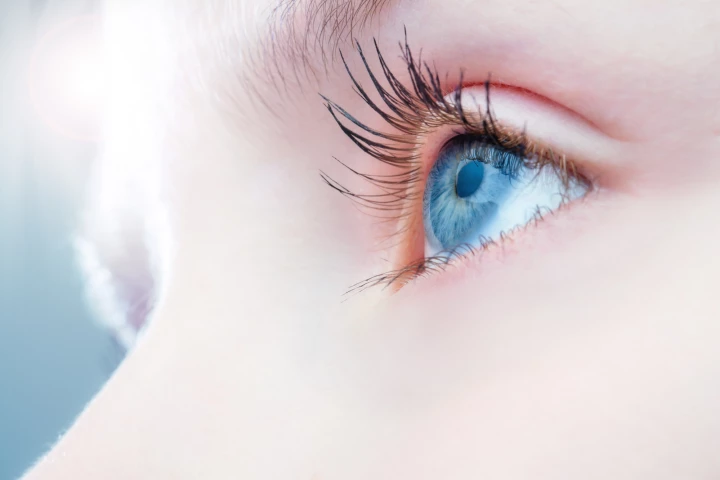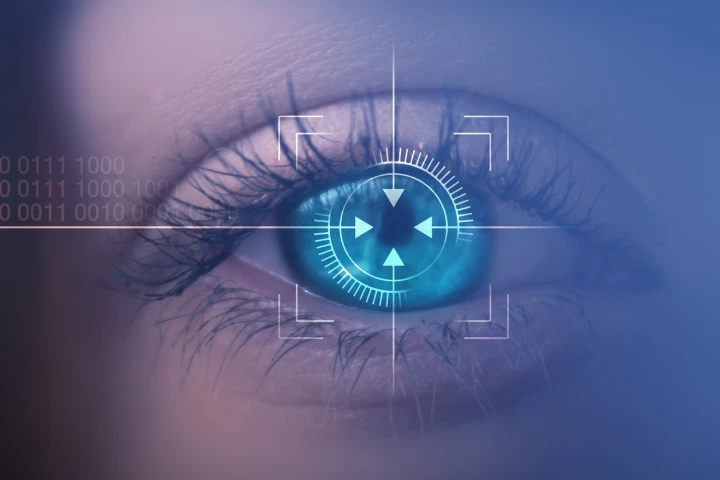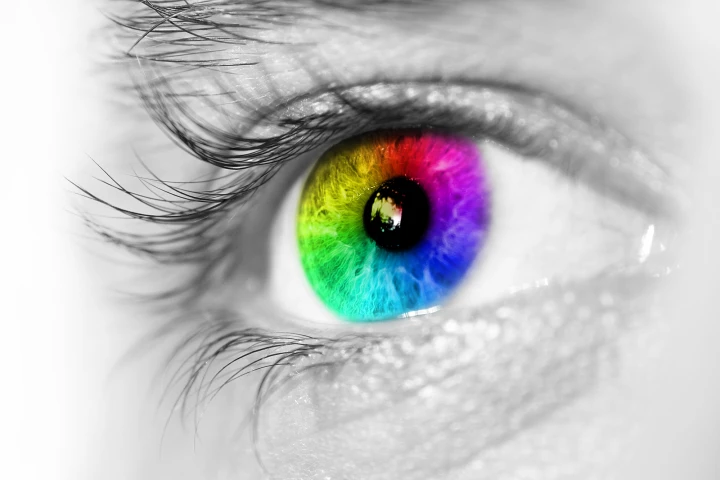Retina
-
Autism and ADHD are becoming better understood, but clinicians can still find the two conditions difficult to tell apart. Now, South Australian researchers say they've produced evidence that the two conditions could be diagnosed using an eye test.
-
Scientists in Europe have discovered a molecular “zipper” mechanism that can lead to cell death in the genetic disease retinitis pigmentosa. The good news is that injecting certain proteins could slow or prevent vision impairment from the disease.
-
Scientists have found that an existing drug, already used in humans, could help restore vision lost to conditions like age-related macular degeneration and retinitis pigmentosa. The discovery could also lead to a whole new class of drugs.
-
Researchers have built an artificial retina out of perovskite materials that can detect light in a similar fashion to the human eye. In tests, the device was even able to recognize handwritten numbers with a high degree of accuracy.
-
A team at the University of Wisconsin-Madison has engineered a novel type of scaffold that could give efforts to tackle vision loss a boost, by improving the precision with which replacement photoreceptor cells can be delivered into the eye.
-
Glaucoma can cause vision loss that's currently irreversible. But now scientists have found that removing a membrane in the eye could help transplanted cells migrate into the optic nerve and repair the connections, potentially restoring lost vision.
-
Spanish researchers have created a new potential treatment for age-related macular degeneration, which is currently untreatable – a biohybrid artificial retina, made of silk and loaded with new human cells that can integrate and repair the damage.
-
Researchers in Australia are claiming an important breakthrough in glaucoma research, demonstrating how the degenerative condition can be treated using an innovative form of gene therapy that repairs damaged optic nerve cells.
-
Impressive new work has demonstrated a potential way to restore vision in those suffering from degenerative diseases of the retina. A single injection of nanoparticles was found to create a working artificial retina, restoring vision to blind rats.
-
The results of a first human trial testing a gene therapy for complete color blindness have been published. The data suggests the experimental gene therapy is safe, and potentially efficacious, opening the door to larger human trials in the future.
-
For some time now, the tracking of eye movements has served as a means of assessing neurological health. A new system is said to do so more precisely than ever, providing highly accurate readings in just 10 seconds.
-
Artificial retinas have the potential to restore some sight to people with certain kinds of blindness, but they contain complex electronics that can overheat. Now a Stanford team has found a way to potentially bypass the issue.
Load More





